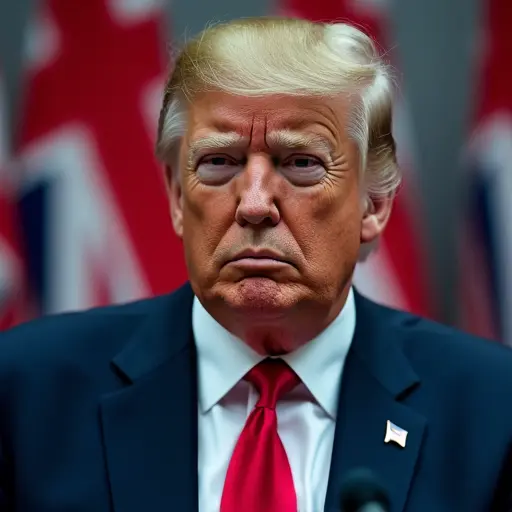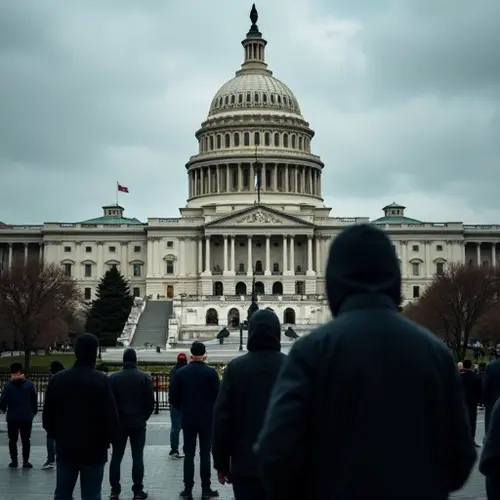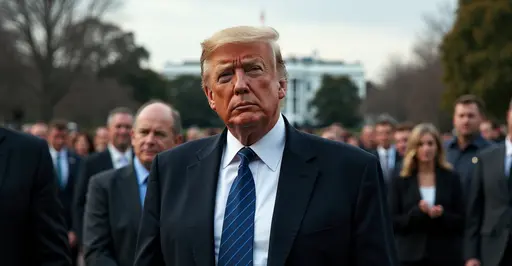
TikTok Faces New Restrictions Across Western Countries
Growing concerns about data privacy and national security are driving a wave of new TikTok restrictions across Western nations. The United States is leading this digital decoupling movement, with a recent Supreme Court decision upholding legislation that could ban the popular social media platform unless its Chinese parent company ByteDance sells its U.S. operations.
National Security Concerns Take Center Stage
Governments cite fears that the Chinese government could access sensitive user data or influence content through TikTok's algorithm. The U.S. Protecting Americans from Foreign Adversary Controlled Applications Act set a January 19 deadline for ByteDance to divest TikTok's U.S. assets. According to experts, this reflects broader geopolitical tensions between the U.S. and China.
Free Speech and Practical Challenges
TikTok maintains the ban violates First Amendment rights, affecting its 170 million American users. Cybersecurity experts warn that bans might not solve underlying privacy issues. "Social media will find a way," notes Chad Mourning of Ohio University, predicting users would migrate to similar platforms or access TikTok through unofficial channels, potentially increasing security risks.
Global Ripple Effects
The U.S. decision is influencing policy discussions in the EU, Canada, and Australia. Some countries are considering partial restrictions rather than full bans. Meanwhile, platforms like Rednote (Xiaohongshu) are seeing surges in users anticipating TikTok's potential departure from Western markets.
What Comes Next?
With the Biden administration declining to enforce the ban and President-elect Trump considering an executive order delay, TikTok's future remains uncertain. Experts suggest comprehensive data privacy legislation would be more effective than platform-specific bans in addressing core security concerns.

 Nederlands
Nederlands English
English Français
Français Deutsch
Deutsch Español
Español Português
Português







